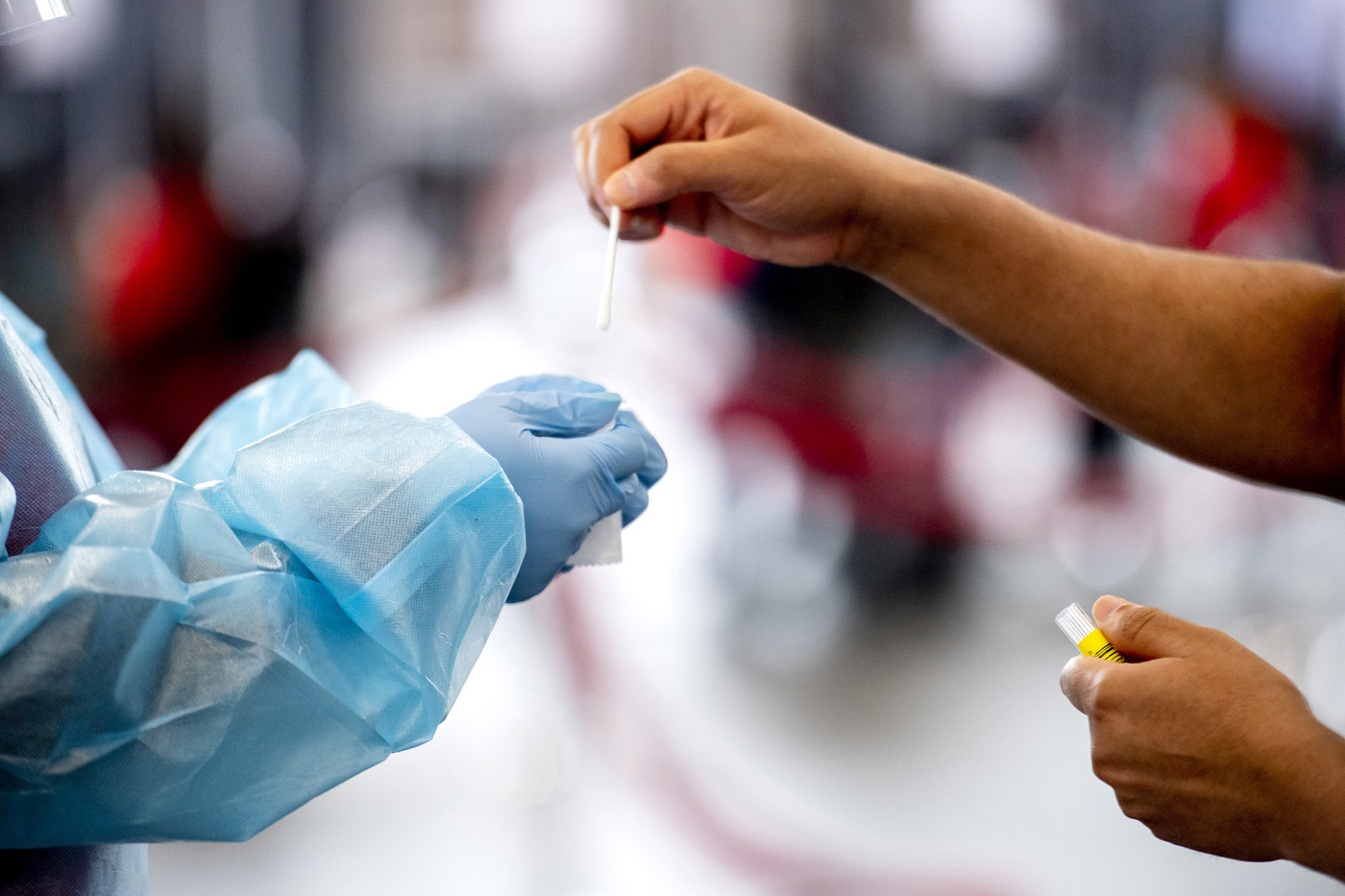When spring semester ends, so will Northeastern’s PCR COVID-19 testing. The university announced on Tuesday that it will discontinue the testing program on all of its campuses, effective May 6.
The move reflects a shift in the public health approach to COVID-19 as the university and the nation transition to managing the disease like other illnesses. All members of the Northeastern community have been required to be vaccinated and boosted since last year.
University officials say they consider immunization as the first line of defense against serious illness due to COVID-19, because cases in vaccinated individuals are typically mild. Furthermore, new treatments reduce the risk of severe illness and mortality. Northeastern leaders say they are prepared to adapt their management of the virus as needed.
Moving forward, like with other infectious diseases, Northeastern community members can rely on now widely available COVID-19 testing in the United States, Canada, and the United Kingdom as needed, university officials say. In Boston, faculty, students and staff will be able to obtain home-use rapid antigen tests upon request and free of charge from University Health and Counseling Services (UHCS) after the PCR testing program ends.
“I think it makes a lot of sense for our community,” says Jared Auclair, who is an associate teaching professor of chemistry and chemical biology at Northeastern and runs the university’s COVID-19 analysis laboratory. “We’re test-optional, and the number of tests has drastically decreased. Of those who are testing, the positivity rate is relatively low and within a range that’s what you would consider, perhaps, more normal. You can’t go on forever like we were.”
Northeastern moved to optional PCR COVID-19 testing on Feb. 28. In the month of March, an average of 620 tests were performed per day, according to Auclair, down from an average of 3,695 per day in November and 2,515 in January (spring semester classes started on Jan. 18).
“We have the toolbox now to deal with COVID-19 that we didn’t have in the beginning,” Auclair says. “There’s not much else that we can add now, aside from vaccines for children under 5.”
Read more on News@Northeastern.
Photo by Ruby Wallau/Northeastern University.

